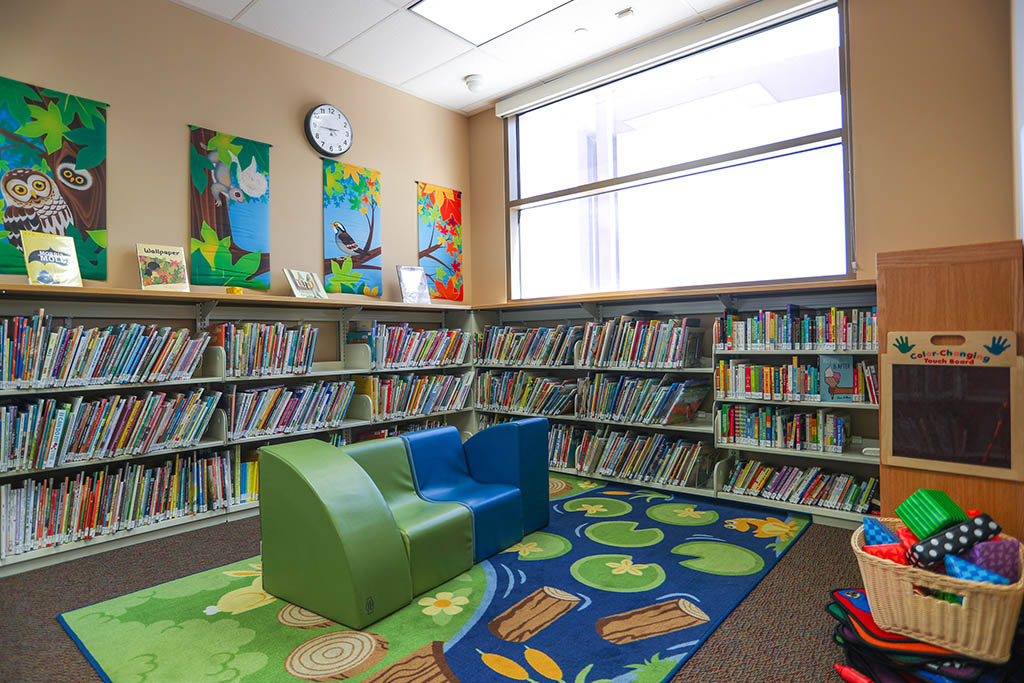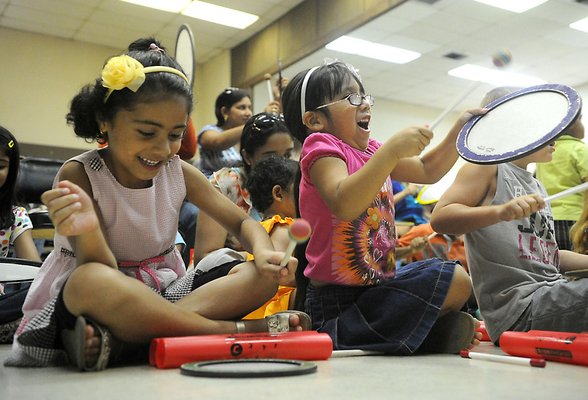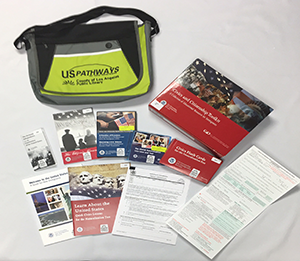Not The Way I Once Believed
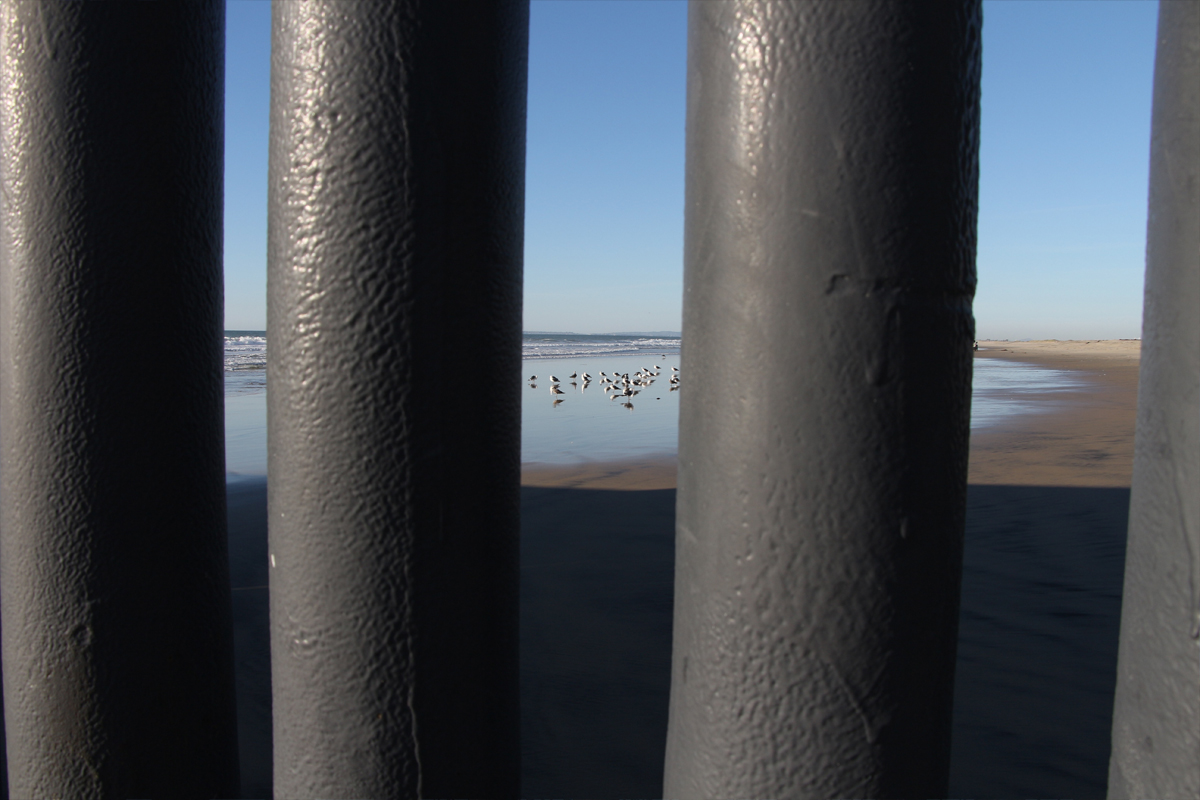
The airport in Havana is a collection of small, hot buildings, about a quarter mile apart and surrounded by large fields.
Our little group is standing outside the Jose Martí Airport, which is reserved for family visiting from the United States. We’re all trying hard not to cry as we joke about whether it’s possible to pack my sister and her kids into our suitcases for the flight home. She’s joked during this trip that being in Cuba as a tourist is the only way it’s tolerable.
Cubans aren’t allowed in the airport, so every time the sliding doors open the crowd huddled together in the suffocating humidity screams out their loved ones’ names as they catch a glimpse of them. Sweat trickles down my back as I try to fight the thought that I’m abandoning my family here. I look into my sister’s red eyes and the guilt chokes me, although her face is free of resentment.
Nioly is a product of my father’s first marriage and was only three years old in 1980 when he decided to come to the United States on the Mariel boatlift. As Cuban relationships last about as long as a good salsa song, my father left with his newest girlfriend – my mother. The opportunity to leave on that boat was announced days before it left, and Nioly’s mother was not prepared to leave everything. Luckily for me, my parents were. I was born in California three years later.
Growing up we would speak to her periodically over the phone, my father always promising to “get you out soon.” Her enthusiasm toward him never waned, despite his unfulfilled promises and inconsistent contact. Even as a child I marveled at her love for a man whom she really didn’t know. Her voice, always full of excitement to talk to her three “hermanitas,” confused me. She didn’t know us; why did she always say she loved us? Her attitude contrasted sharply with the suffering my parents insisted all Cubans endured. I couldn’t imagine it was as bad as wearing hand-me-downs on the first day of school or having to buy shoes at Payless when everyone else wore Nikes. I remember my confusion the day we received a large envelope from Nioly filled with photos she had taken modeling clothes my parents had sent her. I reasoned their claim that we were struggling financially was just an excuse not to buy me the things I wanted. I sulked that she got a new wardrobe while we could never afford to go to McDonald’s for dinner. I secretly blamed whatever gifts she might have received as the reason why our Christmas tree had nothing underneath it that year.
Nioly finally got the opportunity to meet us in December of 2012; thirty-three years after my father left the island. He was scheduled to have his third open heart surgery and it was possible he wouldn’t survive it. My older sister petitioned the Cuban government for a special visa to reunite them. To our surprise, they granted her permission to come. The condition was that she leave her children behind. The government is all too familiar with the United States’ Wet-Foot, Dry-Foot Policy, allowing any Cuban who sets foot on American soil to stay; they wanted to ensure her return. A 36-year-old daddy’s girl came running out of the terminal, all smiles, tears, and hugs as she hugged her Papi. She cupped our faces with the tenderness of a mother and smothered us with kisses, the Cuban way to greet family.
The airport alone held her in awe. The magic of a post 1950’s American car made her laugh with pleasure and she struggled to keep her eyes from staring out the window on the drive home. On the second day of her visit we took her to the grocery store. She stood frozen at the entrance, a mountain of red apples to her right as she began to cry.
“I can’t believe this,” she whispered. She placed her hand over her chest as her eyes scanned the aisles. “My kids have never seen an apple.”
She cried often as she took photos of everything to share with her kids; the snow at Big Bear, Mickey at Disneyland, our homes. “Now they’ll never stop pestering me to come live here.”
After feeling so immediately bonded to my sister, I wanted to meet the aunts, uncles, and cousins I was deprived of all my life. I had heard so many stories of my parents’ siblings. Now they all had children of their own and I wanted to connect with them. Having grown up in a predominantly Mexican community, we were “family-poor” by comparison, with only my father’s second cousin to celebrate holidays with. I visited Florida when I was nine and it was comforting to be among people who understand you the way only someone who shares your heritage can. In California, people are always shocked that a “gringa” can speak Spanish. In Florida I was instantly recognized as a Cuban and it was a relief not to have to explain what I was.
We planned our trip in only four months, grateful for the adjustments President Obama made to the travel restrictions. Our little family flew to Miami where we boarded another plane for a short flight to Havana. After the airplane’s air conditioning, the heat was a slap in the face as we exited directly onto the tarmac. Walking out of the airport was like stepping into a time machine; classic cars, centuries old buildings, and cobblestone streets. Everyone was so friendly and helpful, you almost wondered if you shouldn’t already know their names. My family was no exception. On our second night in Havana, we met my father’s brother, Julio. From the outside his apartment building looked like a remnant of the Chernobyl disaster. It was one of three huge structures covered in dead vines and black mold, with broken windows and an empty dirt courtyard. All suggested decades of abandonment. A sign hung from his window advertising that his home doubled as a hair salon. Julio’s wife had left her job as a registered nurse because she made more money cutting hair. A younger, blue-eyed version of my dad came out to greet us. I had lived thirty-two years without knowing this man. It was unfair. He insisted we return the following night for a proper dinner. We arrived to slow cooked pork, yucca with garlic mojo, grilled pork, bread rolls, rice with black beans, vegetables and homemade lemonade. My uncle watched me with satisfaction. To toast my husband’s Mexican heritage my uncle had tried to acquire Coronas to top off the meal, “I looked everywhere but couldn’t find any. That’s Cuba for you; you can only buy what the government says is available.” I still don’t know how he acquired everything we ate that night. Every grocery store I visited had more flies than food.
During a visit to the National Aquarium of Cuba, my sister wanted to stop in a local market, as each one held the possibility of an ingredient you may not have available in your area. She was elated to see that they had ground beef and wanted to buy it and keep it in the trunk while we visited the aquarium. My husband and I exchanged a look and I pointed out that it would go bad in the heat. She stared, confused by my lack of enthusiasm. “It’ll be fine. It’s beef!”
To her disappointment, we left without it.
The aquarium looked as if it had been abandoned for years. If not for the sounds of children it would have been spooky. Peeling paint, dirty water, and crumbling enclosures showed the years of neglect it had endured. Upon walking in, we watched a man lift a shark right out of the cloudy water by a fin. No one, including the shark, seemed to care. There was a curious smell at every exhibit and I never saw an employee tending to the sea life. My niece and nephew were elated to be there and ran around excitedly, pointing out the crabs and fish to my sister. My niece was especially taken with the giant tortoises. They were housed in the back of the park in a large, peeling, concrete bowl. Less than a foot of the aquarium’s back wall remained. I kept a firm grasp on my son’s hand to keep him from falling into the open ocean behind us. Later, as people filed in to see the dolphin show, some children came up to the pool and began to take turns stroking their scarred skin. I watched the attendant walk over and expected to hear the obligatory, “don’t touch the dolphins.” Instead she revealed that the previous week some tourists had gotten violently ill after contact with them.
“Mama, look at how big and beautiful they are!” My sister, her arms folded over her chest, didn’t bother to look.
“This is what Cuba presents as the national aquarium, it’s an embarrassment.”
As my niece protested that she was having a great time, Nioly muttered that it was only because the poor thing hadn’t seen Sea World.
When it came time to meet my mother’s family, I could not contain my excitement. During my childhood I had created a mental image of their neighborhood. While my mother told me stories, I would picture it all playing out in my head like a movie. Now I would walk those streets. I made sure to film the drive over so that my parents could take a stroll through the past when I returned.
The street where mother grew up still held all but one of her siblings. They gathered outside my aunt Haydee’s house, the apartment unable to house us all. A plate of papaya, mamay, and pineapple sprinkled with sugar was passed around. My aunt just stared at me and held me, telling me how much I looked like my mom. My grandmother died tragically when my mom was only 17. Being the oldest, my mother had been a mom to her six siblings years before having children of her own.
One of my cousins who dreams of becoming a fashion designer showed me her sketchbook and offered me one of her prized drawings. There was a rushed feeling to our conversations as we all tried to say what we felt was important. My uncle Pepe took us on a short drive around my parent’s old neighborhood, telling us stories and pointing out landmarks. The buildings, although gorgeous with history, were crumbling. Piles of broken concrete lay on sidewalks all over Havana, the remnants of a collapsed roof or wall. Nioly told us of a birthday party for her son’s classmate to which she had arrived late. It ended up being a blessing in disguise, as the roof of the building had caved in on the birthday boy, killing him, just before she got there. My uncle stopped at a roadside stand and insisted on buying us sodas and some crackers for my son. I tried to give him money but he waved me away explaining that it was too hot for us and we needed a cool beverage. I later expressed to him how much I wanted to be taking them all home with me, and he chuckled softly before saying, “maybe one day,” as if talking to a child who has just said she dreams of going to the moon.
My husband and I began to regret all the souvenirs we had purchased for family back home. They were meaningless trinkets; money that could have been better spent improving the quality of life for my new family. The living conditions were depressing, yet they seemed not to notice. Nioly, who had seen the excess of the United States, was the only one whose smile seemed tired and sad.
Two nights before we were scheduled to leave my mother’s family crammed into my uncle’s newly acquired 1957 Plymouth. They brought along my Tia Orama who had been hospitalized the day I visited. She handed me two letters. One was for my mother, the other for her son who is now in California. Before leaving that night my Tia Haydee gave me her abanico, a little hand-held fan Cubans carry to combat the humidity. It’s torn and the lace is fraying, but I love it. “So that you won’t forget me,” she had said. I snapped a picture of my cousins giving the car a push start when they left. Arms waving out of the windows, and faces beaming, they drove away.
The Plymouth just managed to get them home before one of its tires deflated.
The entire week my sister Nioly had hosted my little family, waking up early every morning and sending my niece to announce that breakfast was ready: eggs, café con leche, and Cuban bread smeared with butter. Her boyfriend had chauffeured us around the city in an old Russian car. Floral curtains from somebody’s grandmother covered the seats where there should have been safety belts. My son had enjoyed riding without a car seat more than I anticipated.
“Look mama I can stick my head out the window!”
I grew to love the smell of diesel exhaust, which emanated from every vehicle that still had life left in it, and while the red welts on my thighs showed that I had not yet built up a resistance to the Cuban sun, my body acclimated well to the heat that enveloped this island.
Now at the airport, I am returning to the life that Nioly craves more for her two children than herself. Her desperation to bring them to the United States has spilled over onto them. They ask multiple times what they have to do to come. It is a hard question to answer. I realize the amount of money we spent to visit was almost enough to bring both my niece and nephew out. After a beautiful but emotional week, I feel conflicted about returning to life in Los Angeles.
I give Nioly one more kiss and she sternly tells me to hurry and get inside so that I don’t miss my flight. Inside, the woman who checks my tickets is unfazed by my tears. Waiting for the plane to take off, I flip through the magazine provided. I pause on an ad for a $300 lamp claiming it can make your house a home. I think of the conversation Nioly and I had where she told me that the wardrobe which prompted a fashion show years ago had provided enough money for her and her mother to eat for over a month. Seeing my confusion, she explained that my mother had sewn money into every hem and pocket as insurance that those who inspect care packages wouldn’t steal it.
I watch Cuba shrink from lush greenery into a tiny speck and I realize that yes, I have always been poor, but not in the way I once believed.
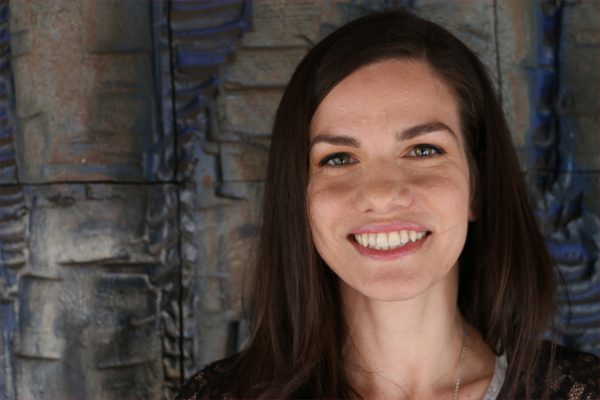
March 9, 2016








